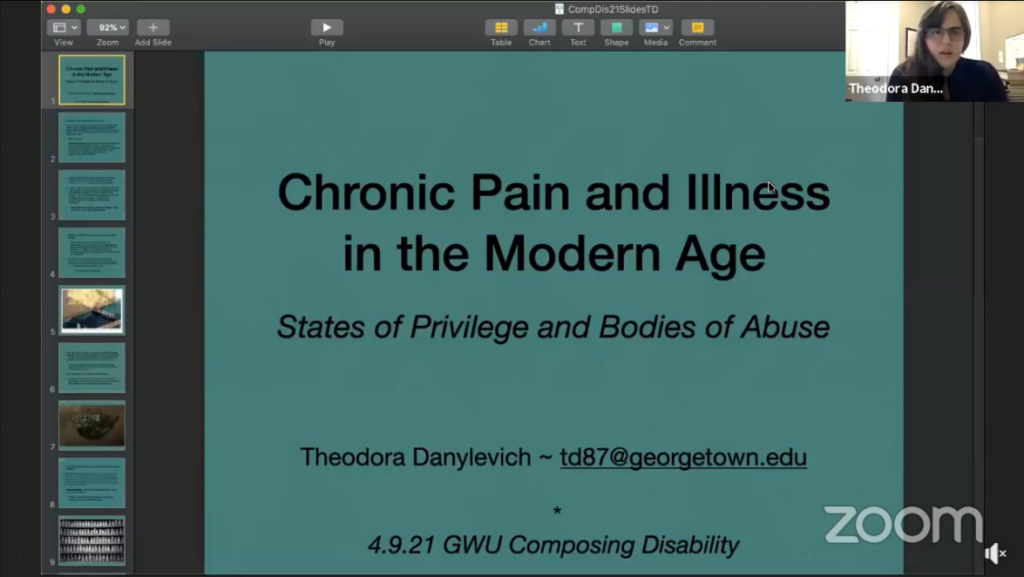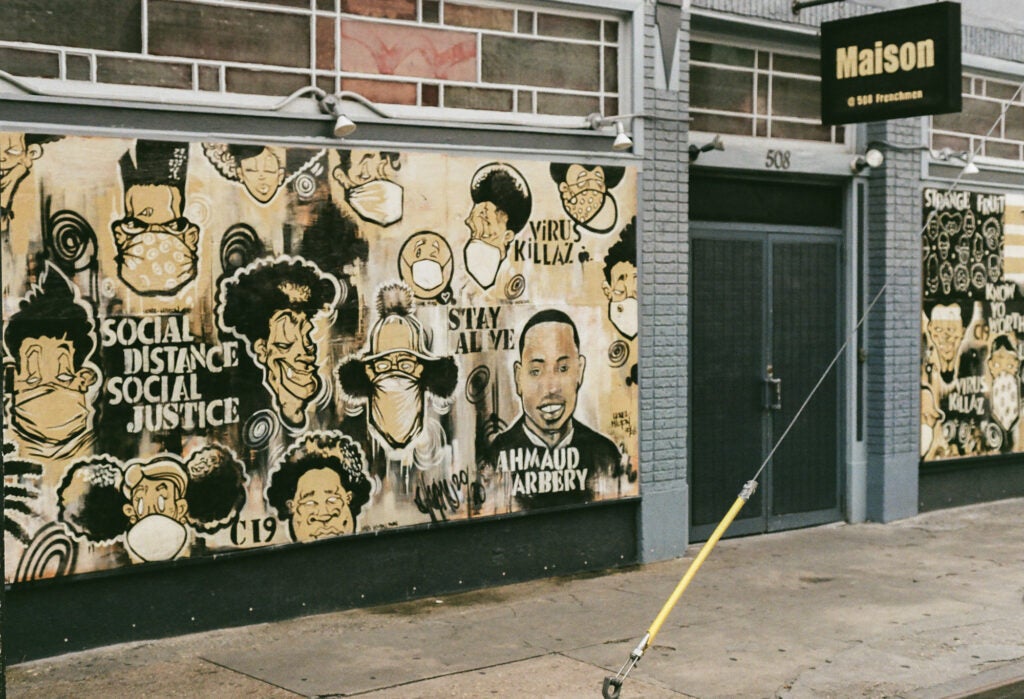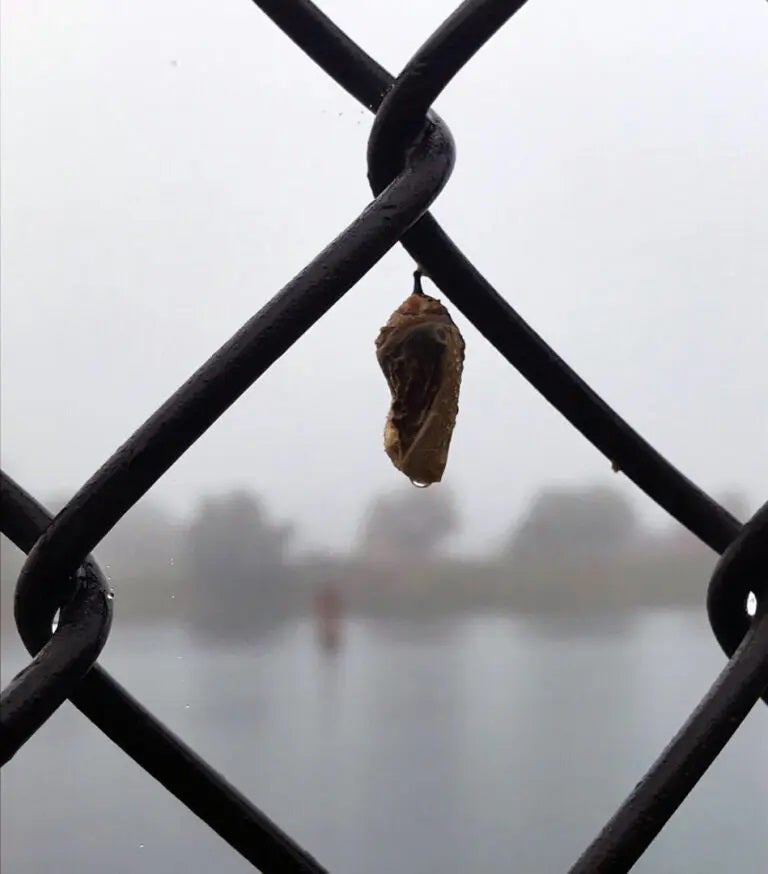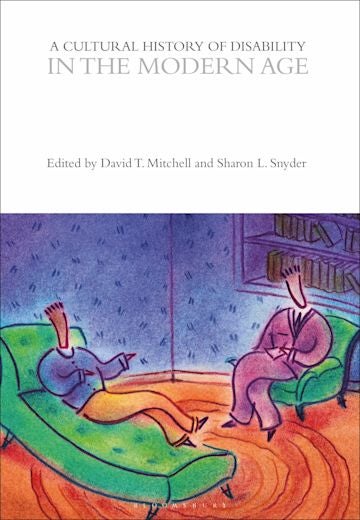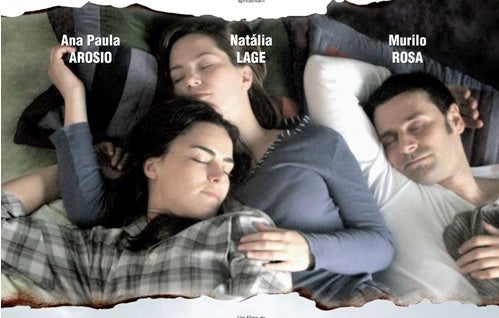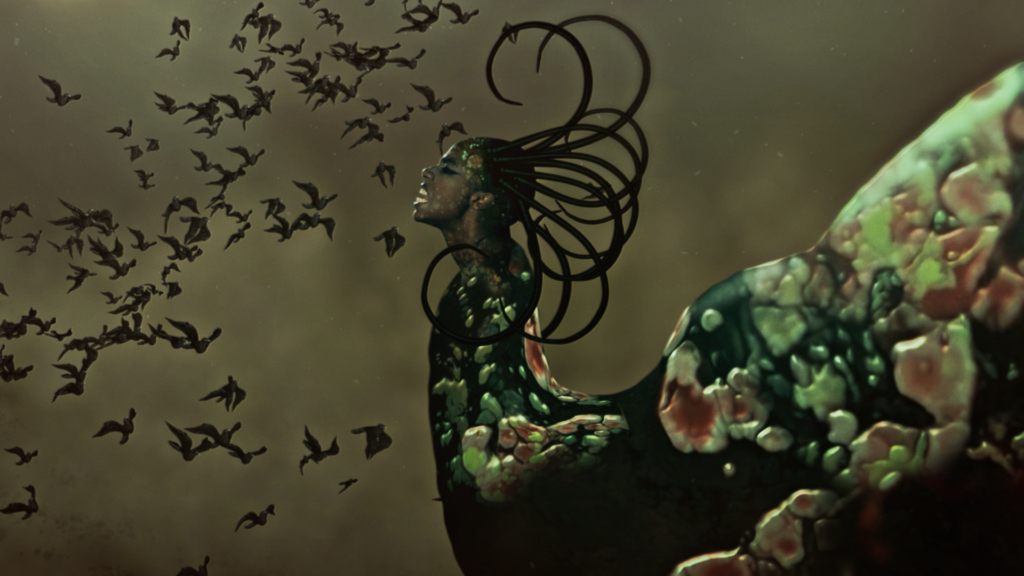Archive: Theodora Danylevich
7 Articles
- Past events
Theodora Danylevich Spoke at Panel on Disability and Queerness in Academia at the American Studies Association 2021 Annual Meeting
Theodora Danylevich spoke at the "CDSC Professionalization Workshop: Surviving Academia, or, How Good Are Your Boundaries?" panel at the American Studies Association 2021 Annual…
November 14, 2021
- Past events
Theodora Danylevich Presented her Contribution to A Cultural History of Disability at the Composing Disability Conference
On April 9, 2021, Theodora Danylevich presented her work on “Chronic Pain and Illness: States of Privilege and Bodies of Abuse” at the Composing Disability conference, hosted…
April 9, 2021
- Media
The Hoya Covers the “Health Inequities in Time of Covid” Course, as Part of the New Course Offerings Focused on Racial Injustice
The Hoya presents the Health Inequities in Time of Covid course, taught by Theodora Danylevich and Carol Day, which investigates the systemic reasons behind COVID-19’s…
July 22, 2020
- Scholarship
“Cripistemologies of Crisis: Emergent Knowledges for the Present”
Theodora Danylevich and Alyson Patsavas introduce the essays in "Cripistemologies of Crisis: Emergent Knowledges for the Present", the Spring 2021 issue of the Lateral.…
July 12, 2020
- Scholarship
“Chronic Pain and Illness: States of Privilege and Bodies of Abuse”
Theodora Danylevich explores the relationship between chronic conditions and the geopolitical, social and environmental factors of.…
February 6, 2020
- Scholarship
“De-Privatizing Self-Harm: Remembering the Social Self in How to Forget”
Theodora Danylevich reads Malu De Martino’s 2010 film Como Esqueçer (How to Forget) as a case study in self-harm as a mode of expression and self-inquiry. The author argues…
July 28, 2016
- Scholarship
“Beyond Thinking: Black Flesh as Meat Patties and The End of Eating Everything”
Theodora Danylevich explores flesh as an inner register of violence against African-American and diasporic black.…
January 1, 2016


